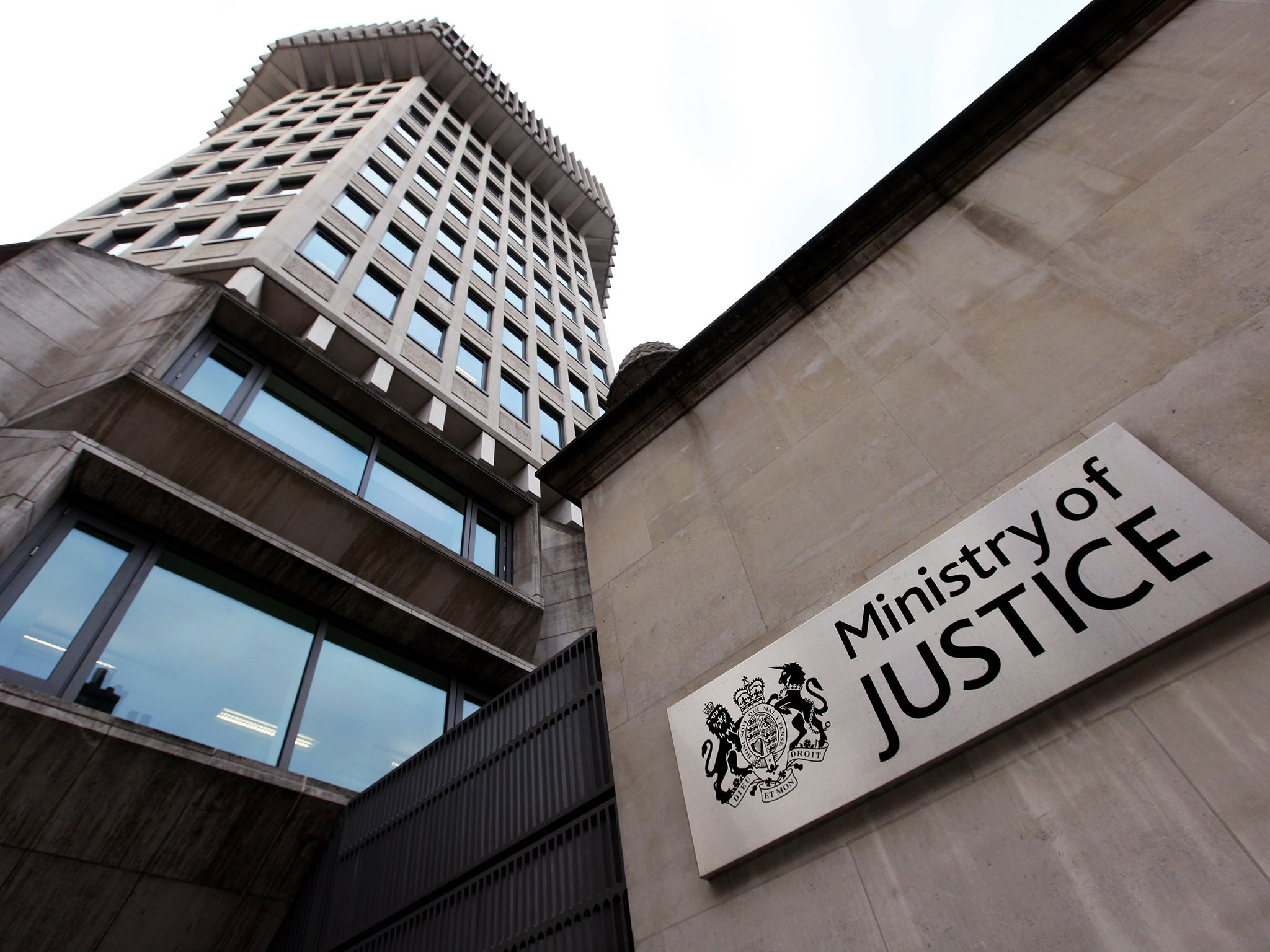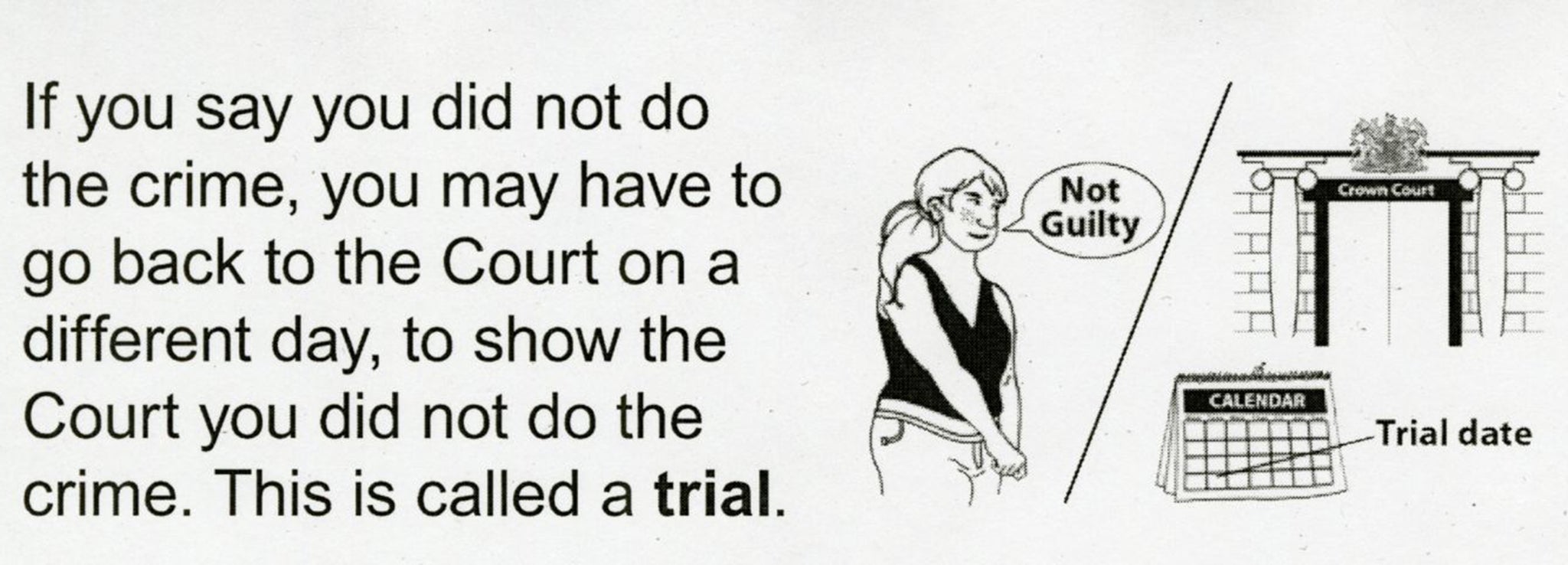Ministry of Justice gets law 'terribly wrong' in its guide to courts
The now withdrawn document stated that defendants had to prove their innocence when accused of a crime

Your support helps us to tell the story
From reproductive rights to climate change to Big Tech, The Independent is on the ground when the story is developing. Whether it's investigating the financials of Elon Musk's pro-Trump PAC or producing our latest documentary, 'The A Word', which shines a light on the American women fighting for reproductive rights, we know how important it is to parse out the facts from the messaging.
At such a critical moment in US history, we need reporters on the ground. Your donation allows us to keep sending journalists to speak to both sides of the story.
The Independent is trusted by Americans across the entire political spectrum. And unlike many other quality news outlets, we choose not to lock Americans out of our reporting and analysis with paywalls. We believe quality journalism should be available to everyone, paid for by those who can afford it.
Your support makes all the difference.The Ministry of Justice withdrew a document designed to help people with learning difficulties involved with the criminal justice system after it stated that defendants had to prove their innocence when accused of a crime. It is a basic tenet of British law that the accused are innocent until proven guilty, and the burden of proof is on the prosecution.
The guide uses illustrations and text to help people understand the court process. It states: “If you say you did not do a crime, you may have to go back to the Court on a different day, to show the Court you did not do the crime. This is called a trial.”
The guide is also aimed at people who are not fluent in English.
Mukul Chawla QC, who initially highlighted the error on Twitter, said: “While I’m delighted that anyone wants to produce easy reads to difficult subjects including going to court, the basic principle has to be that they get the law right. They’ve got it so terribly wrong here... It’s the most fundamental thing that the burden of proof will always be on the prosecution and if you’re producing an easy-read guide to these proceedings, the last thing you want to do is misrepresent something as basic as that.”

A Ministry of Justice spokesperson last night said: “Easy-read guides are an important way of providing information to people in simple and straightforward language. It is crucial to ensure these documents are precise and as helpful as possible. We are reviewing this guide and have removed it from our website while this process takes place.”
Join our commenting forum
Join thought-provoking conversations, follow other Independent readers and see their replies
Comments